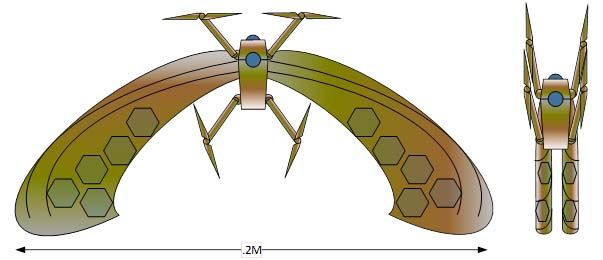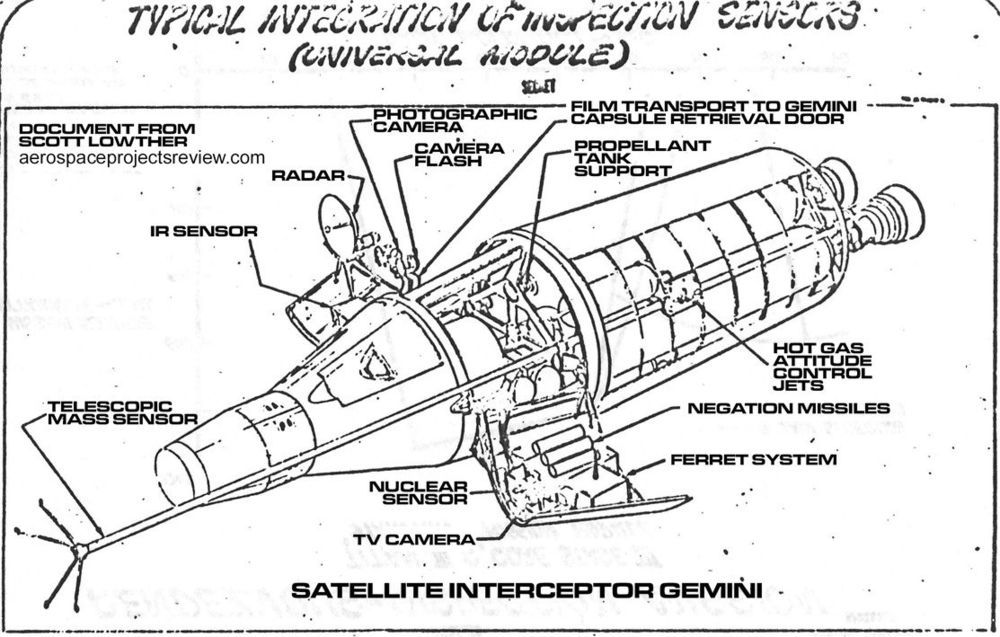Beijing is still behind in terms of its space-based military capabilities, but the gap is closing fast, experts say.



Joel Aud
The Mad Scientist team executed its 2019 Science Fiction Writing Contest to glean insights about the future fight with a near-peer competitor in 2030. We received 77 submissions from both within and outside of the DoD. This story was one of our semi-finalists and features a futuristic look at warfare and its featured technologies.


The combined company, with big footprints in both the fast-growing commercial aerospace business and an increase in military spending, may be emboldened to push back on big customers like Boeing, Airbus and Lockheed Martin in terms of pricing, aftermarket work and intellectual property.
United Technologies has struck a deal to combine its booming aerospace business with defense contractor Raytheon, a surprise twist capable of rattling customers and competitors alike.
The deal would create a giant, one-stop shop with products that range from Tomahawk missiles and radar systems to jet engines that power passenger planes and the seats that fill them.
Under one roof, the companies could put more pressure on suppliers and encourage their industrial conglomerate competitors to seek deals of their own.

THE PHOTONIC FENCE:
Laser Insect Monitoring and Eradication.
The Photonic Fence is poised to revolutionize response to and monitoring of harmful insect incursions in agriculture, hospitality, government, military and residential pest control markets.
The Photonic Fence monitors insects in flight and eliminates those identified as targets by shooting them down with a micro-burst of laser energy. The Photonic Fence also holds the potential to create entirely new methods of entomological study.

 Among science fiction stories with space flight, the overwhelming majority are about combat, both between spacecraft and between futuristic ground troops. Not to mention the occasional starship marine assault trying to board a hostile ship while in flight. Yes, there are a few non-combat stories, mostly about exploration, but space combat is here to stay.
Among science fiction stories with space flight, the overwhelming majority are about combat, both between spacecraft and between futuristic ground troops. Not to mention the occasional starship marine assault trying to board a hostile ship while in flight. Yes, there are a few non-combat stories, mostly about exploration, but space combat is here to stay.
This is just the natural continuation of the process of militarisation of space
Which naturally leads to questions about the space branch of the military of various nations. The “astro-military” in other words. Some may start out as a subdivision of an existing branch and eventually grow large enough to split off (such as how the US Army Air Corps spit off to become the US Air Force in 1947). Some may grow large enough to absorb other branches of the military, others may be reabsorbed into other branches. In William Keith’s Galactic Marines series one of the themes of the early novels is how the US Marines fight being absorbed or eliminated. Their solution is diversifying their mission to include performing assaults on Luna and Mars.


Researchers have demonstrated that vehicle armor using composite metal foam (CMF) can stop ball and armor-piercing .50 caliber rounds as well as conventional steel armor, even though it weighs less than half as much. The finding means that vehicle designers will be able to develop lighter military vehicles without sacrificing safety, or can improve protection without making vehicles heavier.
CMF is a foam that consists of hollow, metallic spheres—made of materials such as stainless steel or titanium—embedded in a metallic matrix made of steel, titanium, aluminum or other metallic alloys. In this study, the researchers used steel-steel CMF, meaning that both the spheres and the matrix were made of steel.
For the study, researchers manufactured a hard armor system consisting of a ceramic faceplate, a CMF core and a thin back plate made of aluminum. The armor was tested using .50 caliber ball and armor-piercing rounds. The armor was tested with the rounds being fired at impact velocities from 500 meters per second up to 885 meters per second.

When Elon Musk and DARPA both hop aboard the cyborg hypetrain, you know brain-machine interfaces (BMIs) are about to achieve the impossible.
BMIs, already the stuff of science fiction, facilitate crosstalk between biological wetware with external computers, turning human users into literal cyborgs. Yet mind-controlled robotic arms, microelectrode “nerve patches”, or “memory Band-AIDS” are still purely experimental medical treatments for those with nervous system impairments.
With the Next-Generation Nonsurgical Neurotechnology (N3) program, DARPA is looking to expand BMIs to the military. This month, the project tapped six academic teams to engineer radically different BMIs to hook up machines to the brains of able-bodied soldiers. The goal is to ditch surgery altogether—while minimizing any biological interventions—to link up brain and machine.